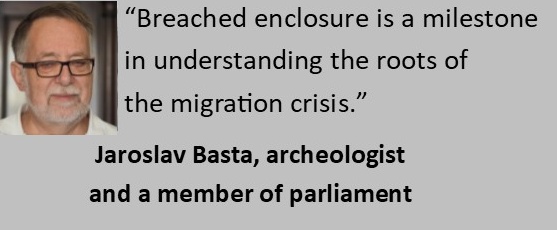One of the misconceptions that prevents us from understanding current social and political events is the belief that there is a universal moral and political order or set of moral rules. This order is supposedly derived from religion, philosophy or another source of knowledge about what is good or evil. Everyone, whether powerful or powerless, is obliged to abide by this order. Different political regimes are judged according to whether they submit to this moral order. If they do not, we speak of tyranny or dictatorship. If they do, it is considered a good regime.
Nowadays, this is expressed using terms such as ‘rules’ or ‘values’; in the past, different words were used, but the concept was the same.
The problem with this view is that it is false from the outset. In reality, and historically this has always been the case, power comes first in the form of brutal violence, and those who hold power determine the rules. If this power remains stable and the rules are compatible with an acceptable way of life, that set of rules begins to be understood as a set of moral rules. People begin to perceive them not only as something they have to put up with, but also as noble, morally right and just. The ruling power helps to reinforce this perception. Understandably.
However, as power changes and rules change slowly, tension is almost inevitable. Those in power are expected to act according to the previous regime’s rules, which creates a sense of amorality.
Rather than moralising, I recommend cynically seeking out who holds power. If we are not satisfied with their rules and refuse to recognise them as moral, then it is time to consider how to undermine the existing power structure. What does it rely on? What keeps it alive? How can it be made to compete?


